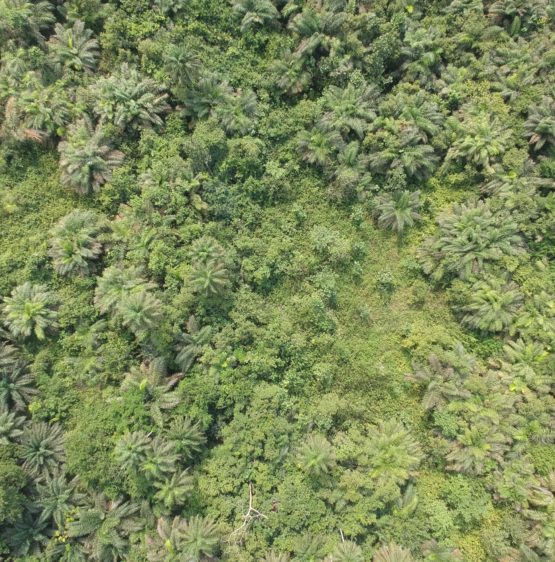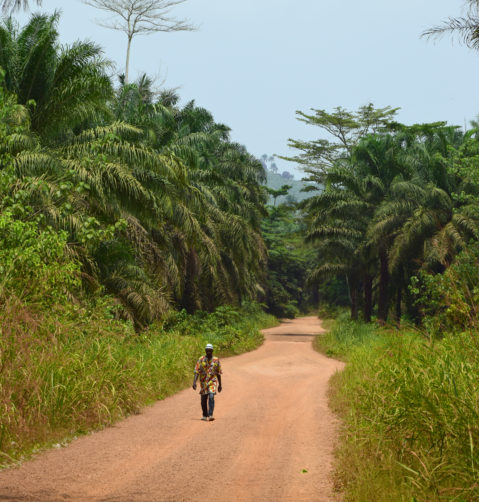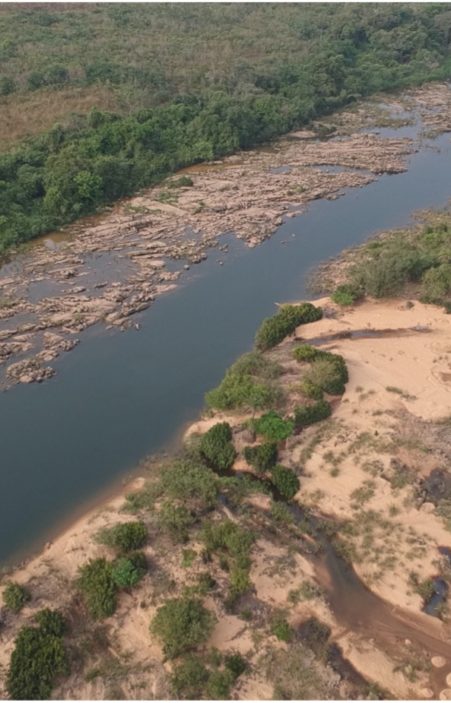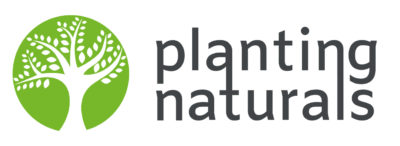
Sierra Organic Palm
After its establishment in October 2019, Sierra Organic Palm limited (SOPL) took over two palm oil operations that were mismanaged by their previous owners in Moyamba and Port Loko districts. In both instances, the company was approached by community representatives to help with the rehabilitation of the project area and the support of the local landowners.
Currently, both operational sites underwent new independent environmental and social impact assessments, high conservation value areas studies, FPIC process including participatory mapping. These will help SOPL to establish sustainable and responsible oil palm production in the regions. Below the complex stories of those projects are stipulated in more detail.
Upper Banta, Imperi and Jong
On the 5th of November 2019, Sierra Organic Palm Limited (SOP) Ltd (a daughter company of Planting Naturals in Sierra Leone) acquired African Lion Agriculture Ltd (ALA). SOP aims to convert the plantations of the former African Lion Agriculture enterprise into organic oil palm plantations, managed in line with the RSPO (Roundtable on Sustainable Palm Oil) Principles and Criteria, which will assist to build a successful and sustainable agribusiness. To achieve this, we are committed to continuously improving key areas of operational activities including compliance to applicable environmental laws and regulations.
African Lion Agriculture (ALA) was set up in July 2012 when Sierra Rutile Ltd (SRL) commenced an agricultural project adjacent to the company’s mine site located in Bonthe and Moyamba District in southern Sierra Leone. The objective of this project, named African Lion Agriculture, was to develop a profitable agricultural operation which could provide low skilled employment which is usually not available with the mine operation but is in high demand by the local population.

Thus, ALA was conceived as a Corporate Social Responsibility (CSR) initiative to generate employment and positive social impact on the communities in the landscape within which the mining activities take place. In June 2015, Carmanor acquired a majority stake in ALA from SRL. The shareholder structure remained in place until Sierra Organic Palm entered the picture. By that time, ALA had 655 staff unpaid for 10 months and many thousands of livelihoods in jeopardy. Land lease rents have not been paid for over a year.
Today, Planting Naturals compensated all staff arrears and outstanding rents and certified the operation as EU organic. Proforest conducted HCV and LUCA assessments in the area. Currently, LUCA is being reviewed by RSPO to identify final liability for compensation and remediation of clearance without prior HCV assessment. The LUCA study clearly demonstrated that due to the intensive mining in the area the plantations were established on a degraded land and there were no environmental HCVs destroyed. The latest HCV study also assessed potential loss of social HCVs and identified that in one community a potential HCV6 site was cleared by the previous company. Planting Naturals will engage with the community and develop a special plan for the remediation in accordance with RSPO procedures.
Burreh, Kasseh and Maconteh

In 2020, Planting Naturals was approached by the local officials and communities through Namati to support them in rehabilitating palm oil project in Port Loko District, Northern province of Sierra Leone. After initial assessment, Planting Naturals decided to take over the operations directly from the landowners and develop new land leases with the help and guidance of Namati, who are the legal representatives of the landowners.
As initial steps, the company performed FPIC process with participatory mapping exercise, conducted independent assessment studies (ESIA, HCV, LUCA) and started rehabilitation of the plantations by employing local people to do farm maintenance work such as slashing, pruning, and harvesting with FFB being transported to Goldtree mill for processing. At the same time, the operational site undergone an external organic audit. An internal LUCA showed that the plantations were established in degraded areas and it is highly likely that no environmental HCVs were destroyed. An official study will be conducted to confirm this conclusion.
The land is owned by 3 chiefdoms: Burreh, Kasseh and Maconteh in the Port Loko District, Northern province of Sierra Leone. The land was leased by Sierra Leone Agriculture (SLA) in 2010 for the purpose of establishing an oil palm plantation. The nursery was set up, then 5,000h of land was cleared and planted. SLA went bankrupt in 2016 and the land was returned to the communities with the intervention of Namati, a paralegal NGO, through a court ruling in favour of the landowners. Only 1,020 hectares of the original plantation survived until today.

